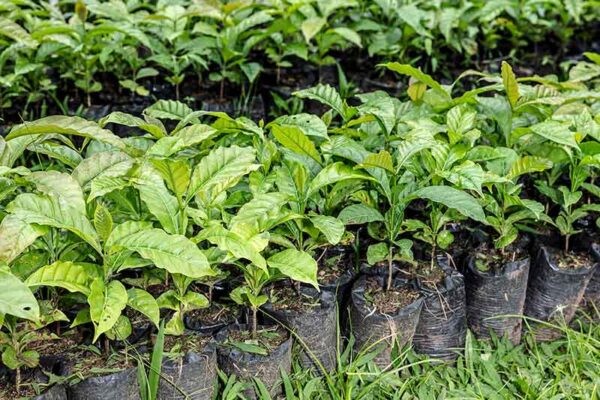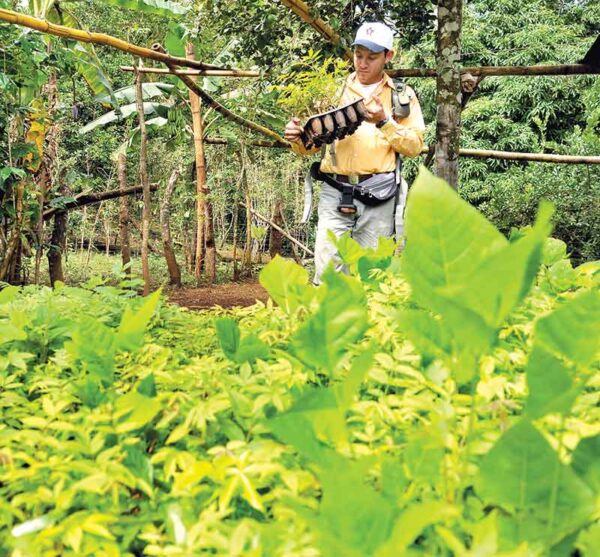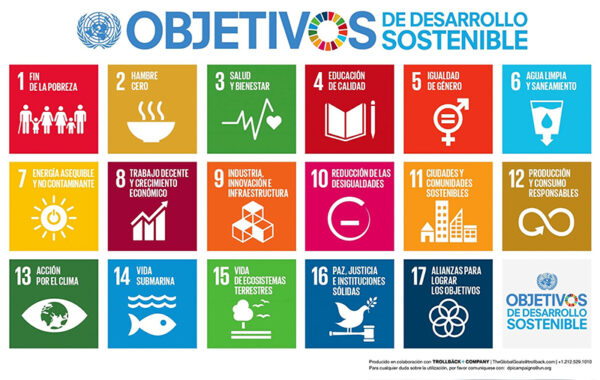Commitment to Social Responsibility
At the 1999 World Economic Forum, then United Nations Secretary General Kofi Annan proposed to business leaders the vision of […]
At the 1999 World Economic Forum, then United Nations Secretary General Kofi Annan proposed to business leaders the vision of “a global compact of shared values and principles…to give a human face to the global marketplace“.
This challenge gave birth to the United Nations Global Compact, a worldwide social responsibility movement involving more than 12,000 companies and 3,000 non-commercial organizations in more than 160 countries.

The UN Global Compact invites companies and organizations to align their operations and strategies around ten principles in the areas of rights, labor, environment and anti-corruption. Currently, the Compact has declared its intention to accelerate and promote the achievement of the Sustainable Development Goals (SDGs), an agenda of global targets for the year 2030.
The Panama Canal joined the Global Compact in 2002, in the special context of the early stage of Panamanian administration of the interoceanic waterway.

It did so with a forward-looking vision, fully aware of its role in world maritime trade and of being a pillar of Panama’s development. Moreover, it recognized the concordance of the principles of the Pact with the qualities of the robust business model agreed upon by Panamanian society.
In this context, the value generated by the organization from the perspective of social responsibility has been evident. Apart from the economic contributions delivered to the National Treasury each year, the Canal has forged a positive impact for the country on several fronts.
For example, the Canal produces an indirect economic flow to the country through the generation of jobs, the payment of salaries and the purchase of goods and services from local suppliers, which stimulate the local economy.

Another example is the training and professional technical development programs that offer training and specialization to the Panama Canal’s skilled labor force, which improves the quality of the labor market and social mobility. On the other hand, there are the youth empowerment and leadership programs for the development of their communities and the country; and those that generate closeness to the Canal and a sense of belonging in children, through educational initiatives carried out every year.
For example, the Canal has undertaken various programs to support the national education system, generating content and facilitating, through its own media, the transmission of knowledge to elementary, middle and high school students, all hand in hand with the Ministry of Education.